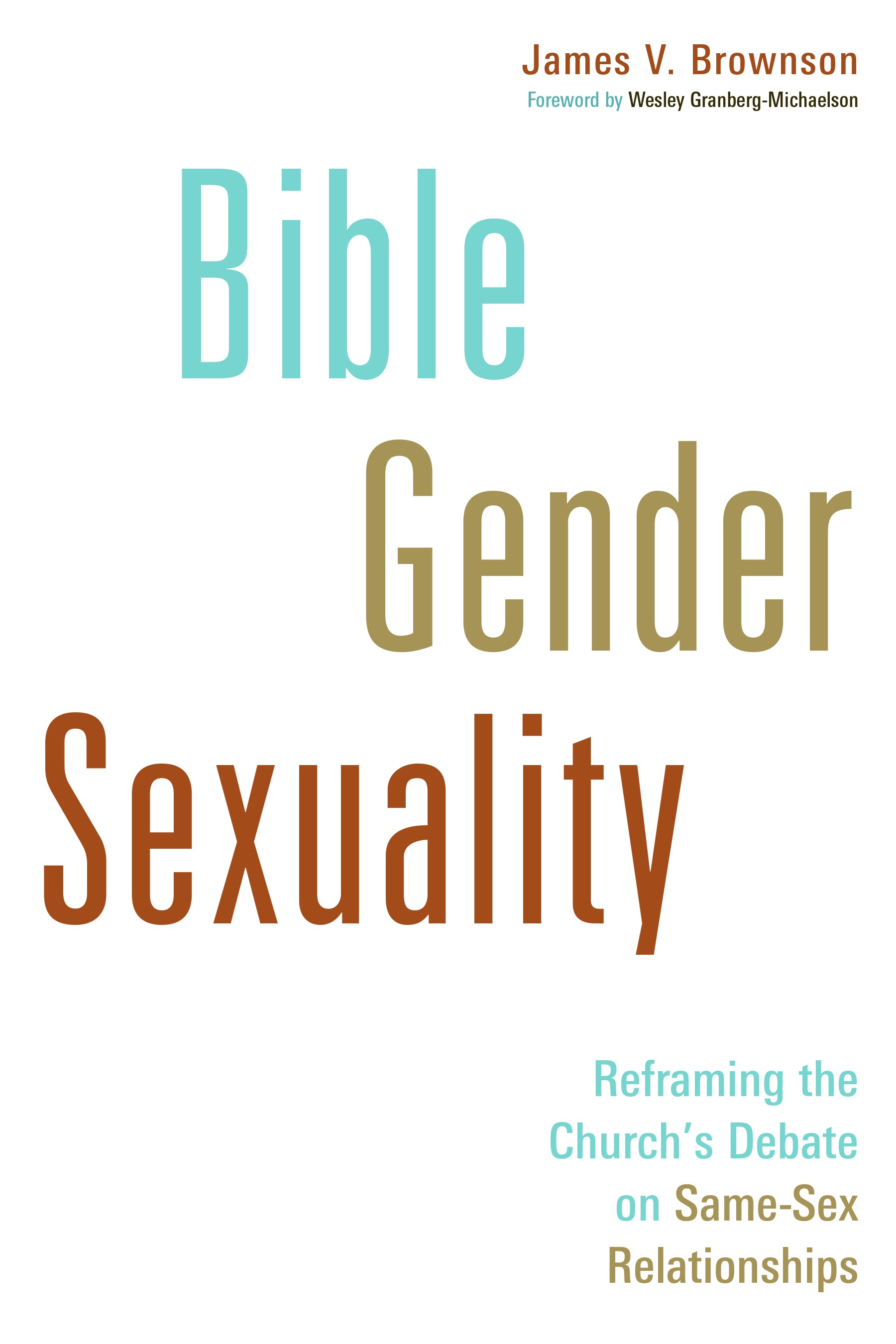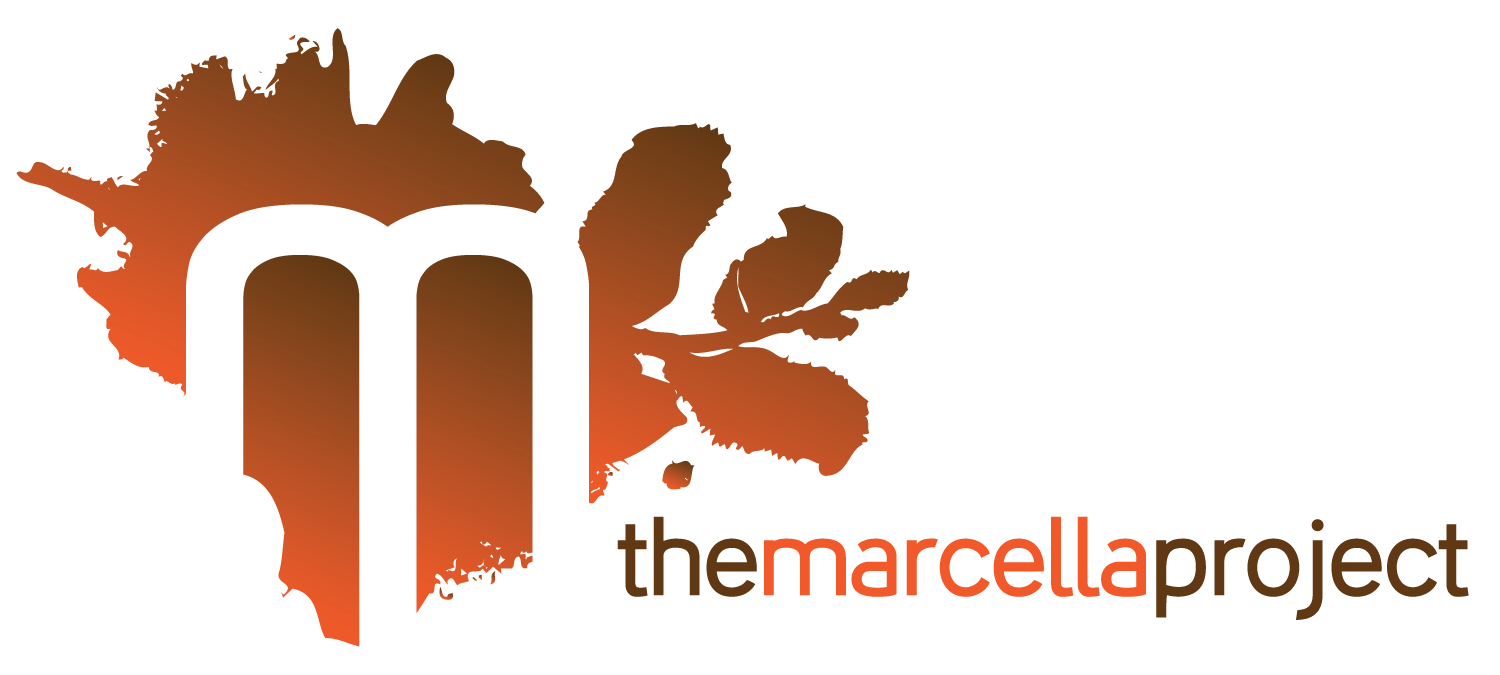Some Books Are Worth Reading
When I served as a pastor in a large church, I was confronted (as were the others on the pastoral staff) with questions like:“Can I take communion?”“Can we become members?”“Can we serve in a ministry here?”Gay and lesbian couples were asking, “Are we welcome here?” I didn’t have an answer. Of course they could attend but I wasn’t sure if they could “participate,” and if so, in what capacity.Our church didn’t have any policies on homosexuality - per se. I guess we just naturally aligned with the traditional evangelical position which was homosexuality was a sin. But now the issue was knocking on our door – some cultural and some very personal knocks – which forced us to examine our position.It wasn’t just us. I’m aware of other churches in the metroplex grappling with this issue. They, too, are examining and reexamining. The discussion is on – it’s happening within the inner circles of our church leadership.And for the first time – at least in my short recall of 20 years in Dallas - Dallas Theological Seminary addressed the issue at the “Jerusalem Meets Vegas” conference. I was pleased to hear Dr. Yarhouse, an expert in the field, speak, but I was disappointed that at such a fine institution of higher learning there wasn’t another scholar of equal weight, such as Dr. J Pearson, presenting another side of the evangelical debate. Is it fear that keeps us withholding knowledge?Personally, I believe it’s healthy for the Church to examine and reexamine her interpretations and theological positions. Time and culture force us to ask again, “Is that true?” We had to do it with Galileo, and again with slavery, and again with the issue of women.The Marcella Project started hosting a salon on homosexuality. A “salon” is a gathering of people discussing a specific spiritual issue that impacts our lives. The object of the salon is not so much to give you a conclusion, but rather to become informed about both sides of the evangelical argument (with Scripture, history and culture all in view) in order to learn how to make theological decisions that impact our faith practices.I’m continuing to read as much as possible on the subject. I want to understand the theological and exegetic arguments, but more than that, I want to learn to love well in the middle of it. I think that’s the angst many of us are experiencing. How do we love well? What if we don’t land at the same conclusion as our gay son or lesbian daughter? What if we can’t say, “It’s okay” to our gay father or lesbian sister? This is the angst – I know. For me, what it’s done is force me back to the Scriptures, God’s heart, and mine. And I read as much as I can on the subject. Every once in a while, I read a book that becomes a linchpin in my thinking. It isn’t often. So many books say the same thing – Yup, Yup got that… yet, I still have questions. You didn’t address this or that. Or what you said, although I understand, hasn’t persuaded me.And then – a book forces me to reckon with it. It won’t let me ignore or brush away the arguments. It demands I grapple in a new way. And I do. I grapple. And I reread and grapple some more. While at the Jerusalem Meets Vegas conference a pastor friend suggested I read “Bible, Gender, Sexuality: Reframing the Church’s Debate on Same- Sex Relationships” by James V. Brownson. He said it was the best “read” so far. He was right. Here’s a review of the book.I welcome you to read Brownson’s book and dialogue with us (particularly for those of you who are attending the homosexuality salon in Austin on January 7th.) I believe we learn better in the context of community. Regardless of whether or not we see eye-to-eye - the dialogue makes us more informed and hopefully more loving towards those with whom we agree and those with whom we don’t.
While at the Jerusalem Meets Vegas conference a pastor friend suggested I read “Bible, Gender, Sexuality: Reframing the Church’s Debate on Same- Sex Relationships” by James V. Brownson. He said it was the best “read” so far. He was right. Here’s a review of the book.I welcome you to read Brownson’s book and dialogue with us (particularly for those of you who are attending the homosexuality salon in Austin on January 7th.) I believe we learn better in the context of community. Regardless of whether or not we see eye-to-eye - the dialogue makes us more informed and hopefully more loving towards those with whom we agree and those with whom we don’t.

